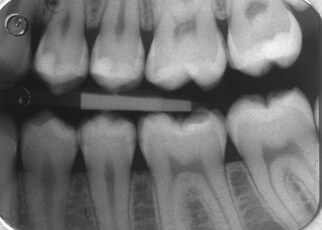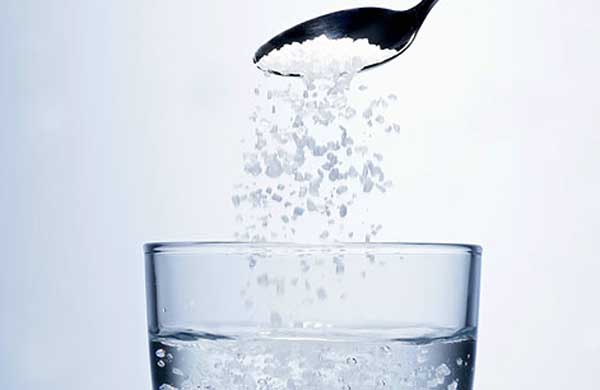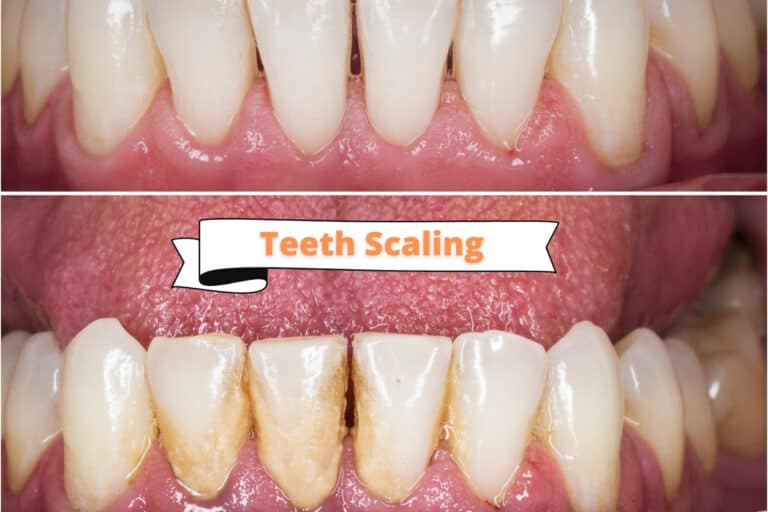What Does Tooth Decay Smell Like?
It’s crucial to visit a dentist as soon as you spot the first signs of tooth decay. There are several ways to spot a cavity, and one way is by smell.
As an experienced and busy dentist – I get asked about smelly or stinky teeth by patients all the time. You have nothing to be embarrassed about – this happens!
If you’ve ever wondered whether tooth decay can smell bad, the answer is yes — in some instances. Read on to learn more.
Why Does Tooth Decay Smell?
You can’t always smell rotting teeth. In many cases, however, bad breath is linked to tooth decay.
That is especially true when it comes to advanced tooth decay, which is more likely to smell bad. If you have a deep cavity, food can get caught in it. If you don’t clean out the cavity, that food can start smelling bad and giving off a foul odor. Certain foods smell worse than others, so if you eat a lot of onion and garlic, for example, you’re more likely to have bad breath if you also have a cavity.
However, sometimes it’s a question of which came first, the chicken or the egg. We know that poor dental hygiene can lead to cavities but also bad breath. That’s because when you don’t clean your teeth properly or often enough, bacteria can build up in the mouth, joining saliva, acid, and food to cause plaque. This plaque eats away at your teeth, leading to decay.
At the same time, bacteria and plaque buildup are among the most common causes of bad breath. All that food that doesn’t get cleaned and which mixes with saliva and bacteria to form the sticky substance known as plaque starts emitting a horrible odor.
So, if you have bad breath, your tooth decay might not necessarily have caused it directly. At the same time, it could mean that you have not been properly taking care of your teeth for a while, in which case the likelihood of having advanced tooth decay goes up. After all, the two go hand in hand.
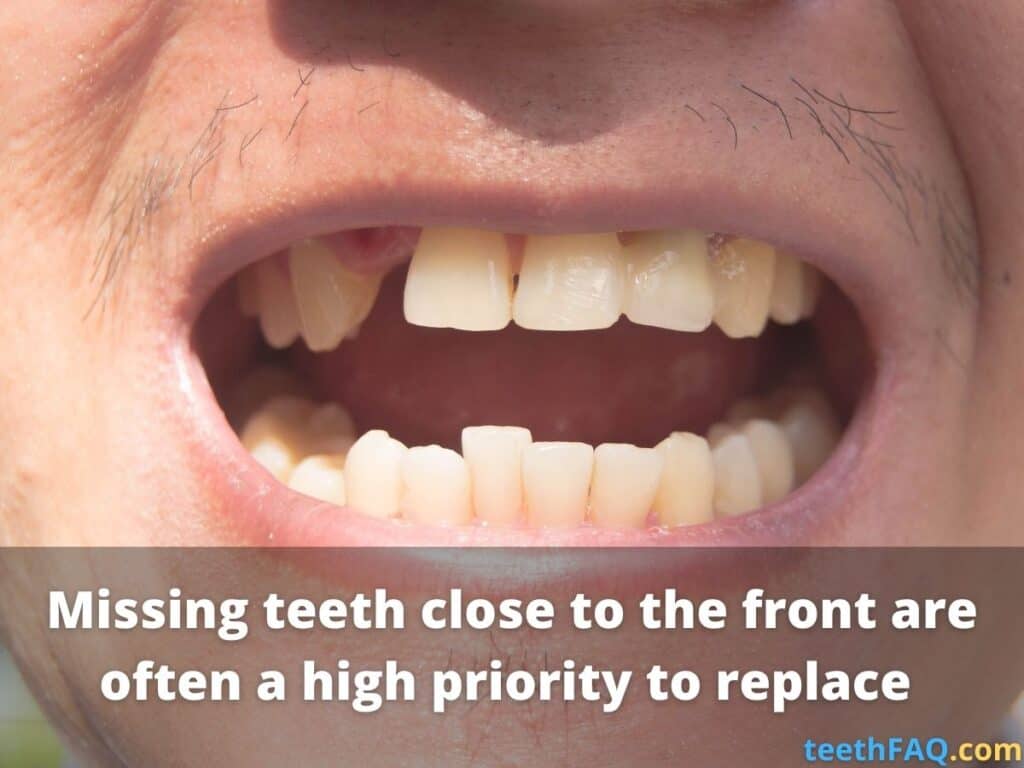
What Does Tooth Decay Smell Like?
So, what exactly does tooth decay smell like? It’s hard to describe the odor in writing. However, if you’ve ever come close to someone, and they had an awful breath, it will probably smell similar to that. Nevertheless, the exact smell can vary, as it does depend on your diet and the food that gets stuck in your mouth.
What we can say is that rotten teeth don’t smell pleasant. Nobody’s going to compliment you on your breath if you have a smell linked to tooth decay. A foul odor from your mouth is usually a warning sign that something is wrong. While you might have a temporary bad smell after eating something like garlic, it’s time to visit a dentist if you have chronic bad breath that never seems to go away despite what you eat.
Other Signs of Tooth Decay
A bad breath is not the only sign you might have tooth decay. Indeed, other symptoms are often more obvious. After all, it can be hard to smell your breath, especially if you have chronic bad breath — you get used to it. Here are some other warning signs you might have bad breath.
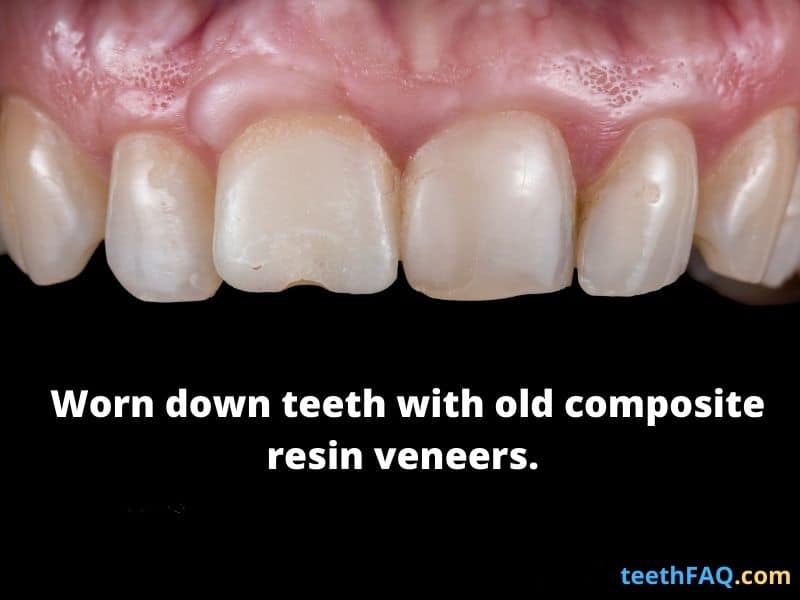
1. Pain When Eating or Chewing
Often, a sharp pain when eating is an early sign of tooth decay. You might only have this pain when the food is in a particular spot in your mouth, such as the back teeth on the right. Or, you might only experience pain when chewing certain food items, such as raisins, dried fruit, chocolate bars, and so on.
2. Sensitivity to Hot or Cold Drinks
If you get a sharp jolt of pain or experience sensitivity when drinking hot or cold beverages, you might be in the early stages of tooth decay. The enamel coating protecting your teeth might be getting worn down. You may also experience sensitivity to ice cream, popsicles, and the like.
3. Dark Spots or Discoloration
If you can see dark spots or discoloration on your teeth, that’s a sure sign that something is not right. Usually, if you see dark spots or holes appearing in your teeth, you’re not in the very early stages of tooth decay either. Set up an appointment with the dentist as soon as possible.

What to Do If You Have Tooth Decay
If you have tooth decay, it is critical to treat it immediately. The longer you push it off, the worse it can get. Eventually, the cavity can get deeper until it reaches the root of your tooth. It can lead to infections, and you can even lose your tooth.
Some people are afraid of going to the dentist. That’s normal. However, keep in mind that if you don’t get your cavity treated now, you might need more invasive and painful procedures at the dentist later on, so it’s best not to keep ignoring it. Also, not treating your cavity can lead to some pretty severe pain down the road.
While aspirin or other pain medication might cover up the pain of a cavity in the short term, it’s not healthy to take it over the long term without consulting with a doctor. Also, covering up the pain won’t fix the root of the problem — the actual tooth decay. That’s why it is essential to make an appointment with your dentist so they can check for the cause of your rotten breath and fill up any cavities you may have.
Once you do fix your cavity, it is crucial to take steps to ensure you do not get them anymore. Since tooth decay is usually caused by bad dental hygiene, change your oral hygiene practices. Make sure you are brushing at least twice a day and changing your toothbrush every few months. You should floss every day and use antibacterial mouthwash too.
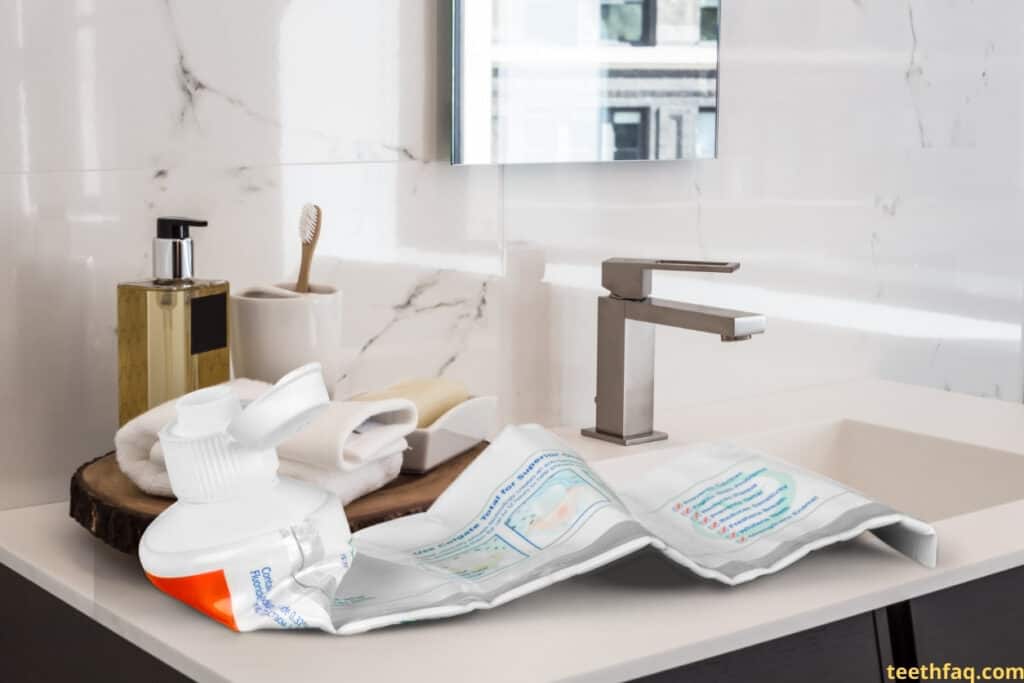
Final Thoughts
If you have bad breath, don’t panic. It doesn’t always have something to do with tooth decay. Sometimes, simply brushing more thoroughly and starting to floss and use mouthwash can fix the issue. Nevertheless, if it doesn’t go away, it’s worth seeing a dentist.



